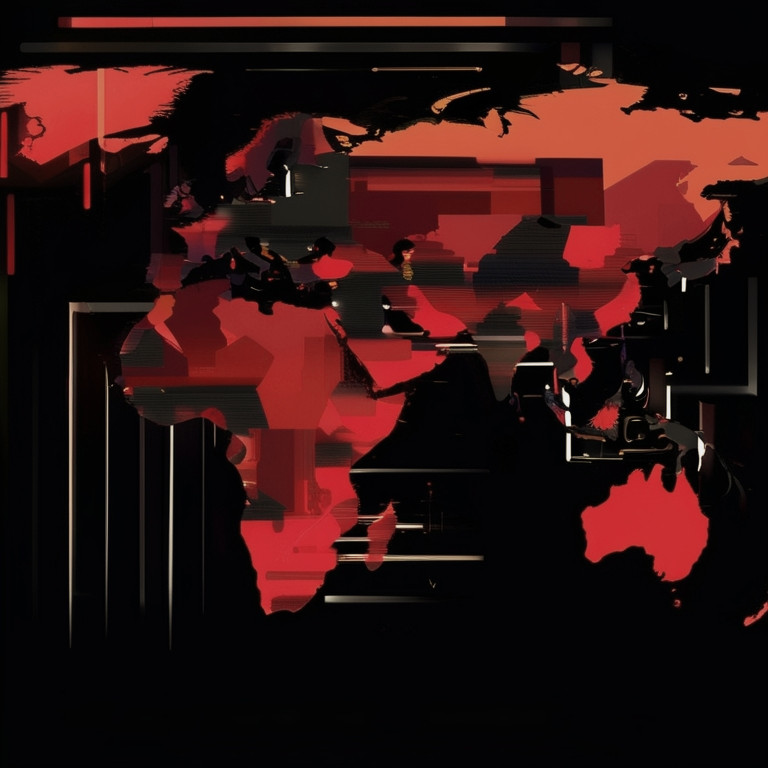The World Economic Forum (WEF) warns that state-based armed conflict and cyber warfare are among the most pressing risks in 2025. Many CISOs are already seeing the impact, with nearly 60% of global organizations adjusting their cybersecurity strategies due to geopolitical instability. China, Russia, North Korea, and Iran continue to pose significant cyber threats, targeting everything from critical infrastructure to corporate intellectual property.
This shifting landscape is also complicating regulatory compliance, with new national and transatlantic cybersecurity policies emerging. Organizations operating across multiple regions must now navigate complex compliance frameworks, sanctions, and cybersecurity mandates, increasing the pressure on security teams.
To mitigate these risks, CISOs must rethink their approach to cybersecurity resilience. Implementing a Zero Trust model, assessing supply chain vulnerabilities, and preparing for incident response scenarios influenced by geopolitical factors are critical steps. Proactively collaborating with industry peers and regulators will also help businesses strengthen defenses against rapidly evolving threats.
In an era where cybercrime and geopolitics are increasingly intertwined, organizations must take a strategic, intelligence-driven approach to cybersecurity. Resilience, adaptability, and global cooperation will be essential in protecting businesses from the next wave of cyber threats.
Source: Infosecurity Magazine
The European Cyber Intelligence Foundation is a nonprofit think tank specializing in intelligence and cybersecurity, offering consultancy services to government entities. To mitigate potential threats, it is important to implement additional cybersecurity measures with the help of a trusted partner like INFRA www.infrascan.net, or you can try yourself using check.website.

